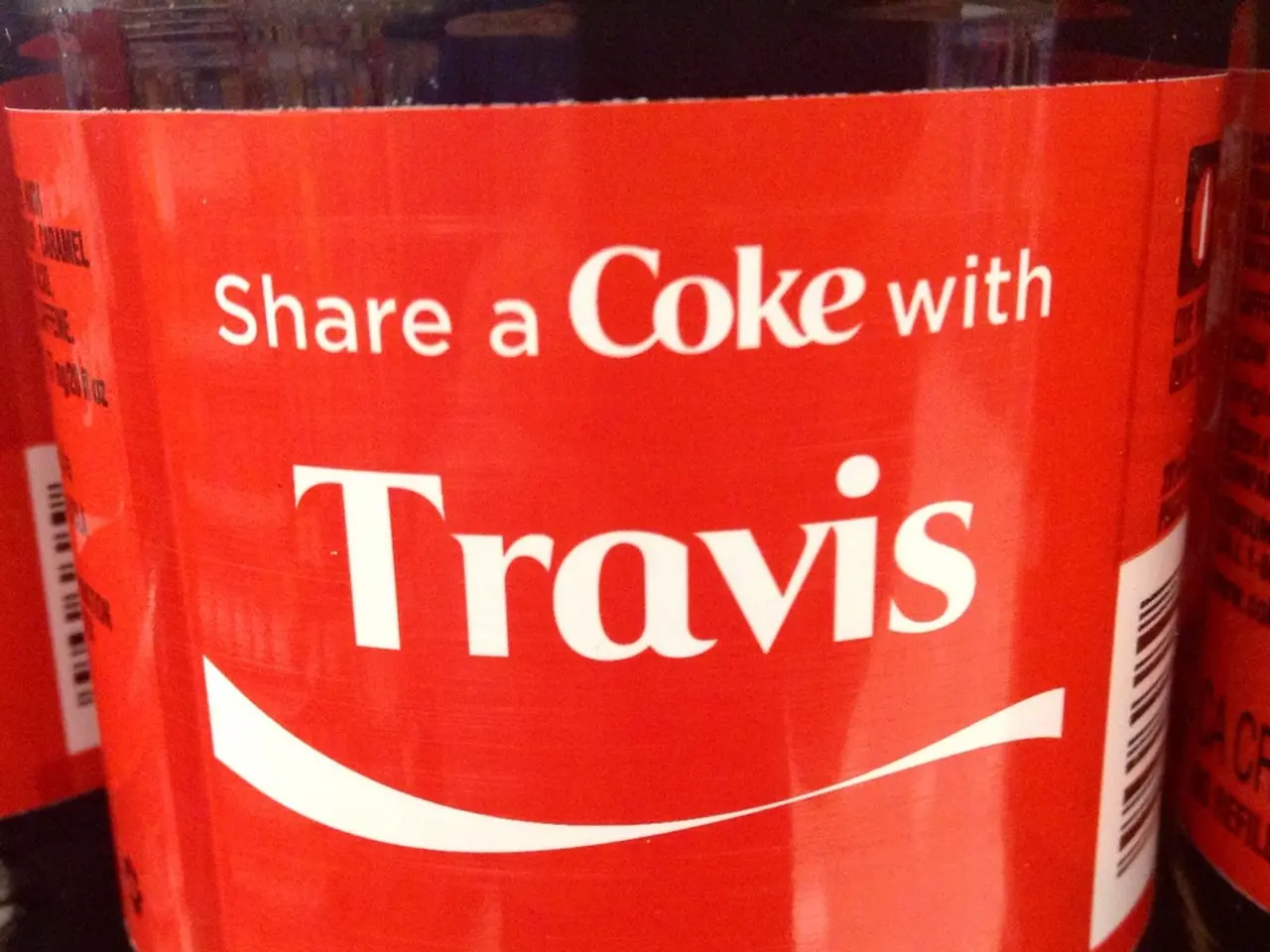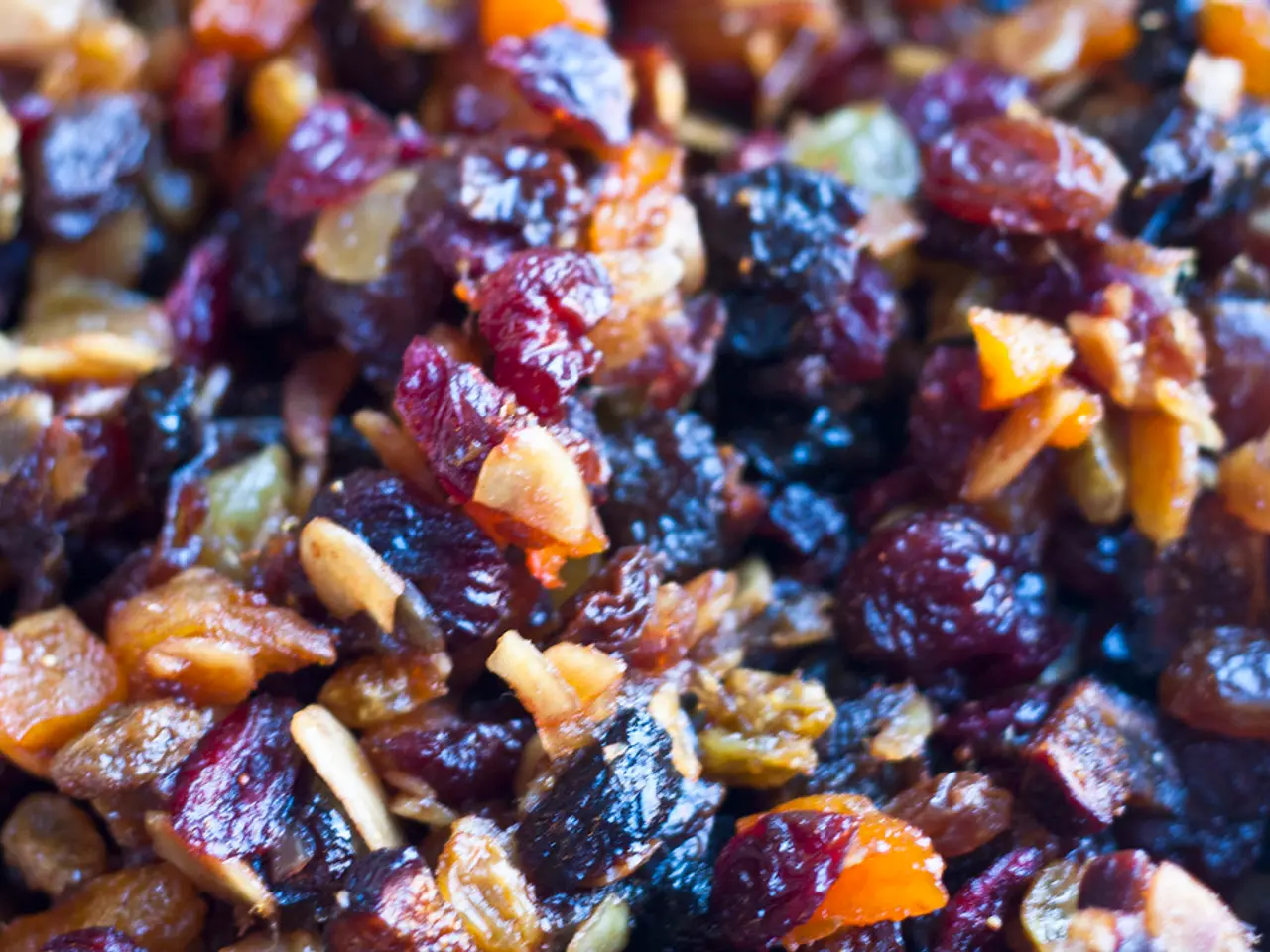U.S. Coca-Cola Company to Allegedly Transition to 'Genuine Cane Sugar', Key Details Explained
In a recent post on Truth Social, President Donald Trump claimed that Coca-Cola would switch its formulation in the U.S. to use cane sugar instead of high-fructose corn syrup. However, the soft drinks giant has yet to confirm this change.
Trump expressed his approval of the move, stating that it would be "a very good move" and "just better." The Corn Refiners Association, a trade body representing corn refiners in the country, opposes any change to Coke's formulation, arguing that it could lead to job losses and boost imports of foreign sugar.
Robert F. Kennedy Jr., an outspoken critic of high-fructose corn syrup (HFCS), has not directly expressed support for Trump's claim. Kennedy, who leads the Make America Healthy Movement, has previously blamed corn syrup as one of the culprits behind America's "obesity epidemic." However, there is no strong scientific evidence supporting Kennedy's specific criticisms of HFCS as uniquely harmful to health.
Coca-Cola in the U.S. currently uses high-fructose corn syrup for sweetening its soft drinks. The company, in a statement to Forbes, appreciated Trump's enthusiasm for their brand but did not confirm the change to cane sugar. Coca-Cola has, however, stated that they would share more details on new innovative offerings within their product range soon.
The controversy over HFCS and its impact on health is not a new one. Kennedy has advocated for disallowing the use of food stamps to purchase sodas, which commonly contain HFCS and have no nutritional value. However, mainstream nutrition science does not single out HFCS as especially toxic; rather, the concern is about excess sugar consumption in general, including from HFCS-sweetened sodas.
It's worth noting that in Mexico, Coca-Cola is sweetened using cane sugar, making the Mexican version (Mexicoke) a cult favorite for some who claim it tastes better than U.S.-made Coke.
While there is a general scientific basis for reducing added sugars and ultraprocessed foods, Kennedy's particular emphasis on HFCS as a distinct poison lacks robust scientific support. His advocacy against sodas and added sugars aligns with public health messages, but his claims about HFCS and seed oils have been described as "fringy" or baffling by nutrition scientists.
The corn refining industry also argues that replacing HFCS with cane sugar would cost thousands of American food manufacturing jobs, depress farm income, and boost imports of foreign sugar. This raises questions about the potential economic implications of such a change, if it were to happen.
As the debate continues, it remains to be seen whether Coca-Cola will indeed switch to cane sugar in the U.S., and what the implications of such a move would be for public health, the economy, and the soft drinks industry.
- The debate surrounding the use of high-fructose corn syrup (HFCS) or cane sugar in Coca-Cola's formulation has extended into discussions about health-and-wellness, food-and-drink, and business.
- President Trump's claim about Coca-Cola switching to cane sugar from HFCS for U.S. production aligns with the science-backed recommendation to reduce added sugars, but it also raises finance questions, as the switch could potentially impact American food manufacturing jobs and farm income.
- Robert F. Kennedy Jr.'s opposition to HFCS is based on his belief that it contributes to the country's obesity crisis; however, mainstream science does not support the idea that HFCS is uniquely harmful, emphasizing instead the negative effects of excess sugar consumption.




